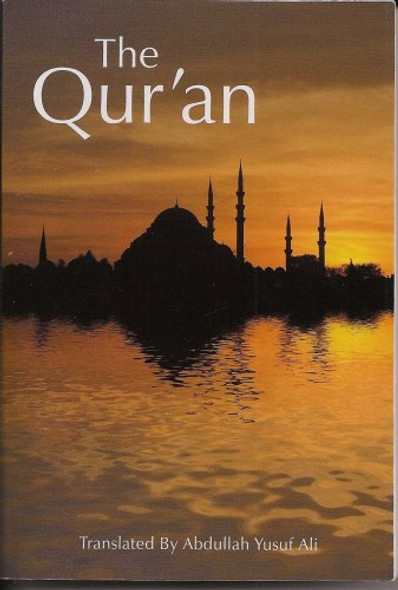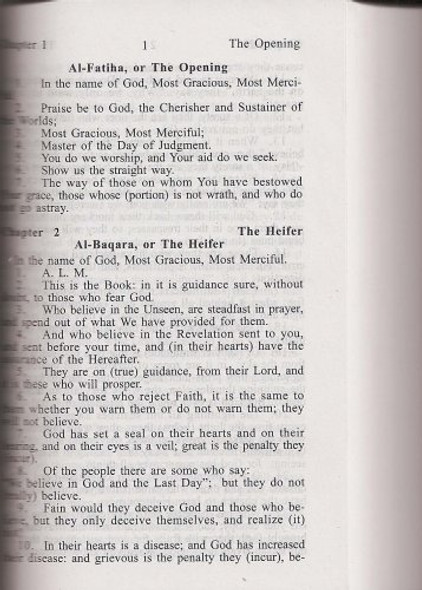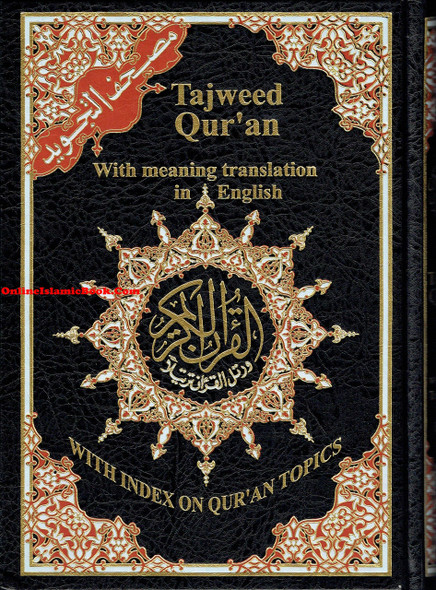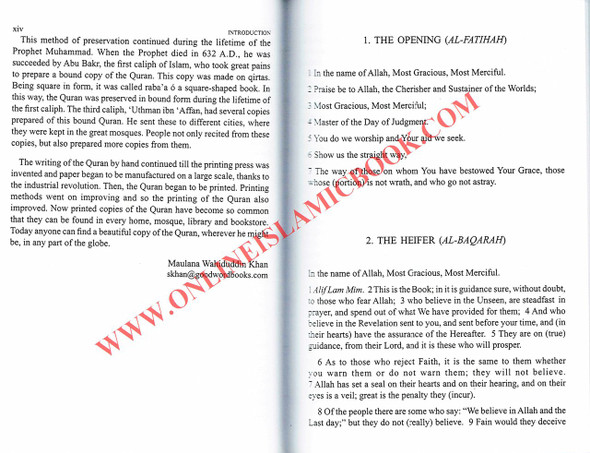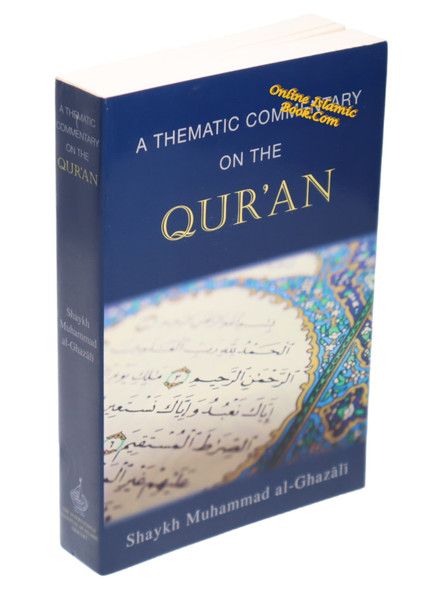Description
Morality in the Quran: The Greater Good of Humanity By Muhammad Abdullah Draz
ISBN: 9781905837779
Author: Muhammad Abdullah Draz
Book Binding: Paperback
Pages 182
Size: 8.4 x 5.5 x 0.6 inch
Description
About This Book:
Muhammad Abdullah Draz's book "Morality in the Quran: The Greater Good of Humanity" is published. This informative text delves into the moral lessons and ideas found in the Quran, Islam's holy book. Muhammad Abdullah Draz dives into Quranic verses that emphasize ethical behavior, compassion, justice, and virtues that benefit mankind as a whole in this book. He investigates how the Quran answers numerous moral quandaries and offers advice on living a decent and virtuous life.
The author emphasizes the Quran's emphasis on individual moral development and its impact on creating a peaceful society. He highlights the Quran's admonition to promote compassion, understanding, and respect for all people, regardless of background or views. Muhammad Abdullah Draz's research reveals how the Quran serves as a comprehensive guide for personal and social ethics. He emphasizes the need of knowing and applying Quranic morals in order to accomplish the larger good for humanity.
Muhammad Abdullah Draz (1894-1958) is often referred to as ‘the teacher of the teachers’ and in ‘a league of his own.’ He is one of the most important Islamic and Azhari scholars of the past century and has made significant contributions to contemporary Islamic thought – especially in the fields of Quranic and Maqasid (objectives) studies. The original version of this book formed the doctoral dissertation, La Morale du Coran, which earned Muhammad Abdullah Draz a doctorate degree with the highest level of distinction at the Sorbonne, Paris in 1947. The author’s theory of morality presented in this book has not been matched in its originality, integrity and depth – either past or present.
Through a thematic interpretation of the Quran, the author proposes the following five critical elements to morality: obligation, responsibility, sanction, intent and effort. Each element plays an indispensable role in the conscience of a believer. The author postulates that every human, possesses a light that enables them to determine good and evil on a fundamental level propelling them towards duty, kindness and charity. It is then asserted that the believer possesses a double light – a deep knowledge that incorporates divine law into our very essence



















